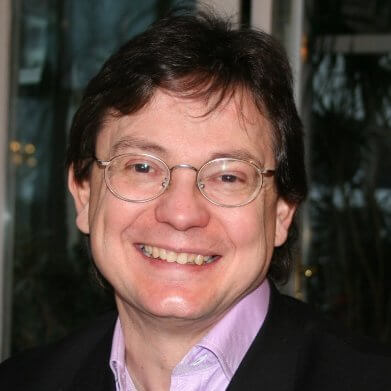
What’s it like to work as a environmental consultant?
Mark is Head of Ornithology at APEM – Europe’s leading independent environmental consultancy specialising in freshwater and marine ecology and aerial surveys. We offer work of the highest quality and scientific integrity, together with excellent service.
WHY DO YOU HAVE A CONSERVATION JOB?
I think that the human imprint on the earth is massive. Wildlife biodiversity, nature, whatever you call it, needs all the help it can get. Getting information about how things live is useful as it informs us about what we should be doing to help them.
WHAT’S IT LIKE BEING AN ASSOCIATE DIRECTOR AT APEM LTD
I manage an ornithology (bird) team. We undertake Environmental Impact Assessments (EIAs), particularly for offshore windfarms. Our specialism is in undertaking aerial digital surveys for seabirds at proposed windfarm sites. We collect and analyze data to estimate the number of birds which may be affected by proposed developments.
On a day to day basis, being an Associate Director means I manage a team of eleven staff, keep an eye on budgets to ensure that we remain profitable, write tenders to secure new work for the team, whilst also developing new client relationships.
WHAT’S THE BEST PART OF THE JOB?
I really like working with the people in my team, and also I enjoy the problem solving aspect of my role. Modern EIAs are complicated, and very often we have to work with clients to address difficult issues. This involves me using my scientific background to generate sometimes fairly complex ways of analyzing data to inform and address these issues. That’s exciting.
WHAT’S THE WORST PART OF THE JOB?
It is sometimes necessary to be firm to remain impartial.
WHAT KEY STEPS IN YOUR CONSERVATION CAREER HAVE YOU TAKEN?
Since the age of seven I wanted to be a biologist. I took Biology, Chemistry and Maths at A Level, and enjoyed reading Biology at university.
Speaking French helped me become a University College London research assistant, during which time I gained international experience running a research center at Lake Ichkeul in Tunisia. .I enjoyed a fabulous year.
Back in the UK I did a PhD at Hull University, where I designed my own project to work on RSPB reserves studying how to increase the food supply for birds.
Then I started working for The British Trust for Ornithology (BTO), my dream job since the age of 13 when I started ringing (banding) birds. I stayed at the BTO for over 21 years!
WHAT ADVICE WOULD YOU GIVE SOMEONE WISHING TO FOLLOW IN YOUR FOOTSTEPS?
Looking back I should have read Maths as a first degree, and then from Masters onwards go on to study Biology because in my opinion this is the way to a very successful career in conservation science. If you’re good at maths you can analyze data faster which helps you publish faster, the cornerstone of academic success. You will also be invited to co-author a lot of papers as many biologists struggle with advanced maths.
Get a good degree. If you’re ambitious within conservation, it really helps to have a Masters as a minimum, and for senior posts a PhD is really quite essential. At the NGO that I worked at only one biologist without a PhD had a reasonably senior role.
Degrees count, but some of the best years of my life were studying for my PhD. You have freedom, can enjoy your work, and can become a great expert in something that is sometimes completely trivial!
Be passionate. Most of all do something you want to do – you’re going to do it for a long time.
Finally, crawl! Identify people who might be important –I don’t mean lick their boots but a bit of judicious fawning can help develop lasting relationships with people who can be very helpful throughout your career.
AND FINALLY, WHAT’S YOUR FAVOURITE SONG?

